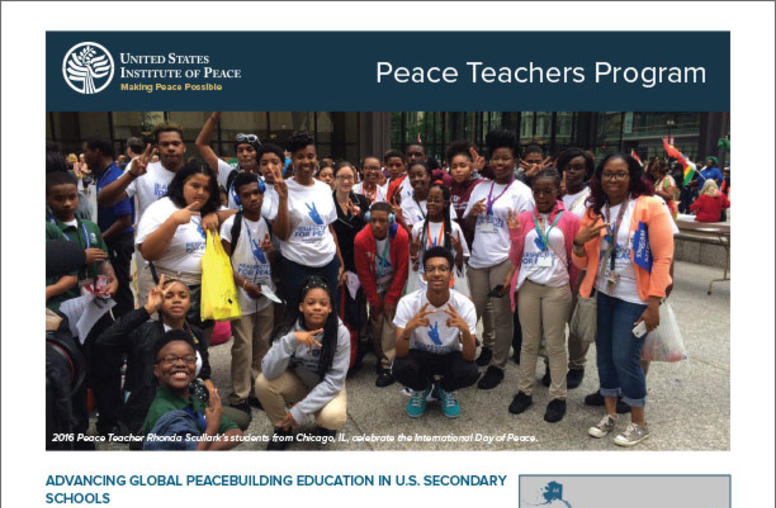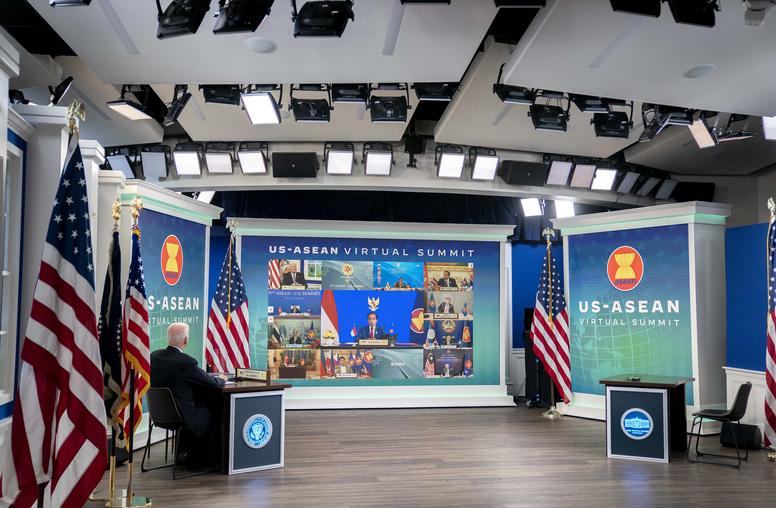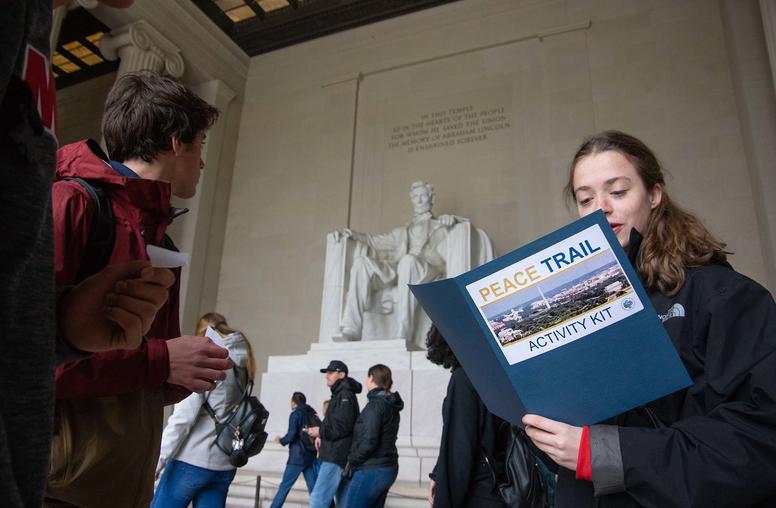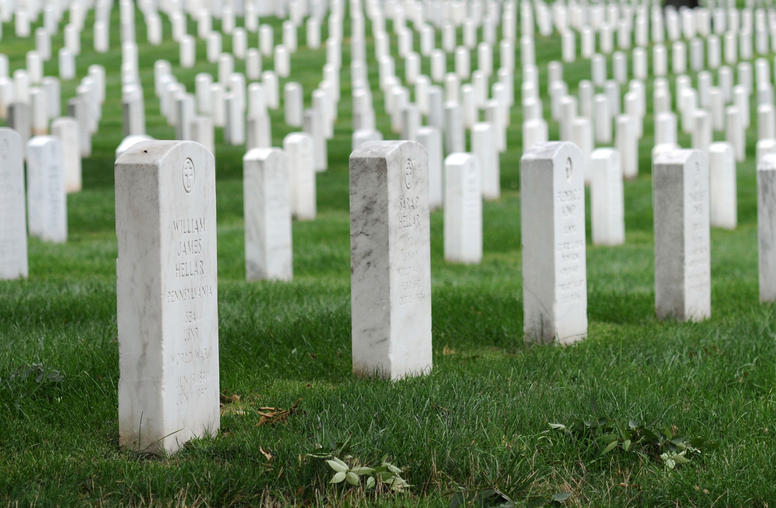In response to an invitation from the State Department's Under Secretary for Global Affairs, Ms. Paula Dobriansky, the Institute participated in a conference organized by the Community of Democracies.
In response to an invitation from the State Department's Under Secretary for Global Affairs, Ms. Paula Dobriansky, the Institute participated in a conference organized by the Community of Democracies. The conference, which was chaired by Under Secretary Dobriansky, was attended by 70 representatives from the United States, Africa and Latin America and the Caribbean, including three heads of government and many ministers and NGO leaders. In addition to the US, countries represented were Botswana, Cape Verde, Ghana, Kenya, Mali, and Mozambique, together with Chile, Colombia, the Dominican Republic, El Salvador, Jamaica, Nicaragua, and Peru.
The Institute's acting Training Program director Ray Caldwell conducted a simulation in which the participants formed small working groups to develop responses to the breakdown of democracy in the fictitious country of "Katakana." The simulation, which was carried out in high spirits by the participants, followed on preliminary discussions of various challenges to democracy in Africa and Latin America and set the stage for subsequent consideration of "best practices" in dealing with such issues as good governance, free elections, and civil society building.
This conference was part of a series of conferences being held by the Community of Democracies as the participating countries work to share their experiences, develop new perspectives on the challenges they face, and refine ideas for policies and actions in support of democracy around the world. Disaster relief and development players; another remarked that: "You brought together an excellent, fascinating range of practitioners from different perspectives and backgrounds."



